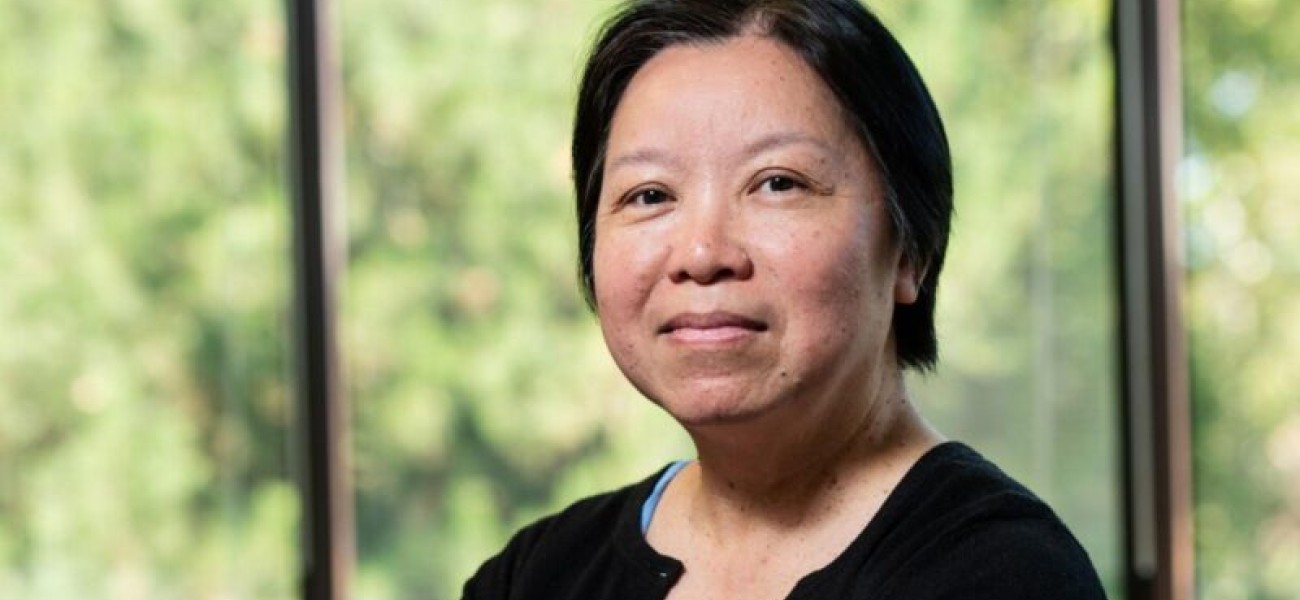
Ruby Leung is a Battelle fellow at Pacific Northwest National Laboratory and the chief scientist of the Energy Exascale Earth System Model (E3SM).
Modeling is a key tool for understanding climate change and its effects in both the present and the future, and the computational power provided by NERSC systems has made many researchers’ climate models possible. One of those researchers, Ruby Leung of Pacific Northwest National Laboratory (PNNL), will discuss her work on Earth system modeling for actionable science and the role NERSC plays in it as part of the NERSC@50 seminar series.
Leung is a Battelle fellow at Pacific Northwest National Laboratory. Her research broadly cuts across multiple areas in modeling and analyzing climate and the hydrological cycle, including land-atmosphere interactions, orographic processes, monsoon climate, climate extremes, land surface processes, and aerosol-cloud interactions. Her research on climate change impacts has been featured in Science, Popular Science, the Wall Street Journal, National Public Radio, and major newspapers.
Leung is also the chief scientist of Energy Exascale Earth System Model (E3SM) supported by the U.S. Department of Energy, a major effort to develop state-of-the-art capabilities for modeling human-Earth system processes on DOE’s next-generation high performance computers. She has organized key workshops sponsored by DOE, the National Science Foundation (NSF), the National Oceanic and Atmospheric Administration (NOAA), and NASA, and served on advisory panels and committees that define future priorities and opportunities in Digital Twin, AI/ML, climate modeling, hydroclimate, and water cycle research. She has published over 500 papers in peer-reviewed journals and is an editor of the American Meteorological Society Journal of Hydrometeorology. Leung is an elected member of the National Academy of Engineering and Washington State Academy of Sciences. She is a fellow of the American Meteorological Society (AMS), American Association for the Advancement of Science (AAAS), and American Geophysical Union (AGU). She is the recipient of the AMS Hydrologic Sciences Medal in 2022, AGU Global Environmental Change Bert Bolin Award and Lecture in 2019 and the AGU Atmospheric Science Jacob Bjerknes Lecture in 2020. In 2021, Leung received the DOE Office of Science Distinguished Scientist Fellow Award.
About NERSC and Berkeley Lab
The National Energy Research Scientific Computing Center (NERSC) is the mission computing facility for the U.S. Department of Energy Office of Science, the nation’s single largest supporter of basic research in the physical sciences.
Located at Lawrence Berkeley National Laboratory (Berkeley Lab), NERSC serves 11,000 scientists at national laboratories and universities researching a wide range of problems in climate, fusion energy, materials sciences, physics, chemistry, computational biology, and other disciplines. An average of 2,000 peer-reviewed science results a year rely on NERSC resources and expertise, which has also supported the work of seven Nobel Prize-winning scientists and teams.
NERSC is a U.S. Department of Energy Office of Science User Facility.
Media contact: Email our communications team ⟶